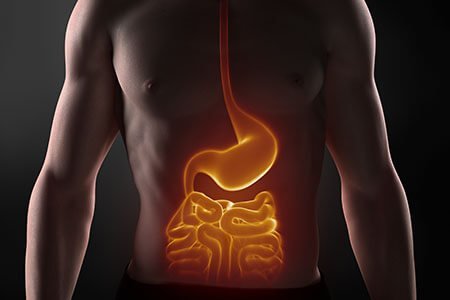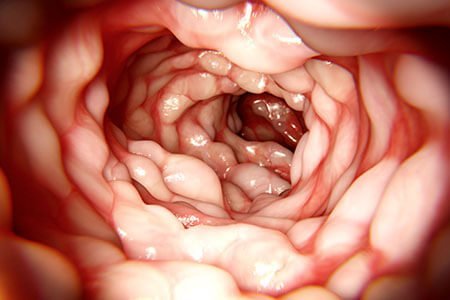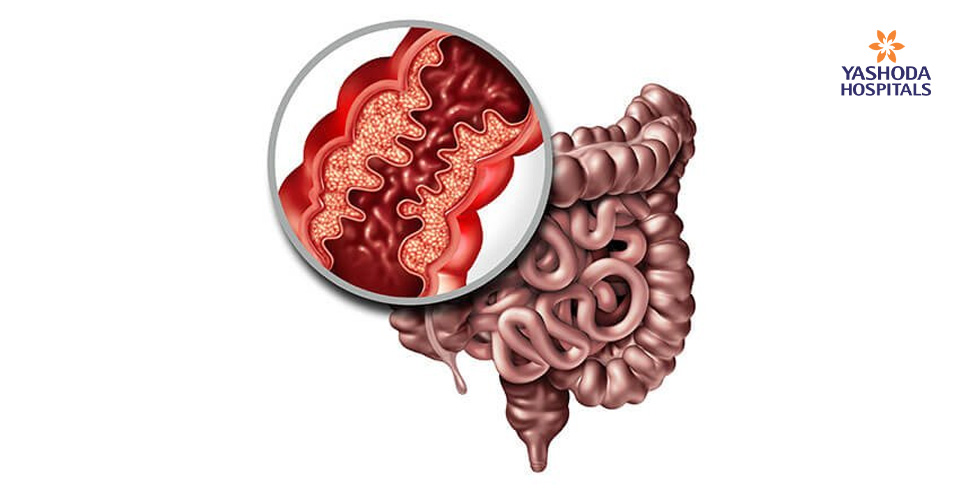Inflammatory Bowel Diseases
Crohn’s Disease and Ulcerative Colitis
What are inflammatory bowel diseases – Crohn’s disease, ulcerative colitis?
Inflammatory bowel disease (IBD) is an umbrella term that covers conditions related to chronic (long-standing) inflammation of digestive system. Crohn’s disease and ulcerative colitis are the different types of IBD. IBD is often confused with a non-inflammatory condition known as irritable bowel syndrome (IBS), as they may have some similar symptoms and can also coexist in the same patient.
Crohn’s disease is a type of IBD that is characterized by inflammation of the lining that spreads to deeper tissues with time. Crohn’s disease may affect different areas of the digestive tract (from mouth to anus) in different people.
Ulcerative colitis is also an inflammatory disease of the intestine but restricted only in the large bowel i.e colon and rectum. Ulcerative proctitis is yet limited form of ulcerative colitis where only the rectum is involved and is characterized by inflammation, redness, and itching of rectum.

Lymphocytic colitis is another inflammatory condition of the large intestine but it is not related to Crohn’s disease or ulcerative colitis.







 Appointment
Appointment Second Opinion
Second Opinion WhatsApp
WhatsApp Call
Call More
More





